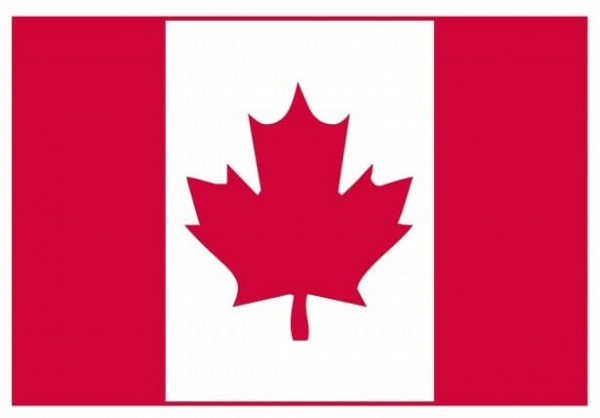IMPACT – MEDIUM
What is the change? Canada has updated prevailing wage rates for a number of occupations.
What does the change mean? Employers sponsoring foreign workers in certain work permit and permanent resident categories are affected by the new rates.
- Implementation time frame: Ongoing. Recently filed applications must be supported by the new prevailing wage rates.
- Visas/permits affected: Labor Market Impact Assessments (LMIAs); Intra-Company Transferees (ICTs) – Specialized Knowledge work permit category; Global Talent Stream LMIA; Employer-sponsored Provincial Nominee Program categories for permanent residence.
- Who is affected: Employers sponsoring foreign nationals in the above categories.
- Business impact: Businesses may need to adjust their budgets to account for the changes to the prevailing wage rates. In some cases, prevailing wages increased compared with last year’s wages.
- Next steps: Employers can check the new prevailing wage rates for specific jobs on Canada’s Jobs Bank website.
Background: Employers are required to pay foreign nationals the median prevailing wage for most work permit categories. Prevailing wage rates are determined by Employment and Social Development Canada and will vary by occupation as well as by geographic location. Employers have an obligation to review and adjust the wages for any applications filed under the LMIA and/or Global Talent Stream LMIA on an annual basis in order to ensure compliance. Under all other categories, the new prevailing wage will only apply to new work permit or extension applications.
Analysis & Comments: Employers are encouraged to review the wages they are paying foreign workers to ensure they are in compliance with new wage minimums. It is possible that officials may ask for employers to amend pending applications so that offers of employment match the new wage requirements. Employers should also note that other wage floors may apply in some circumstances, such as for workers in the Global Talent Stream.
Should you have any questions, please contact a Wolfsdorf Rosenthal immigration attorney or email Global@Wolfsdorf.com


